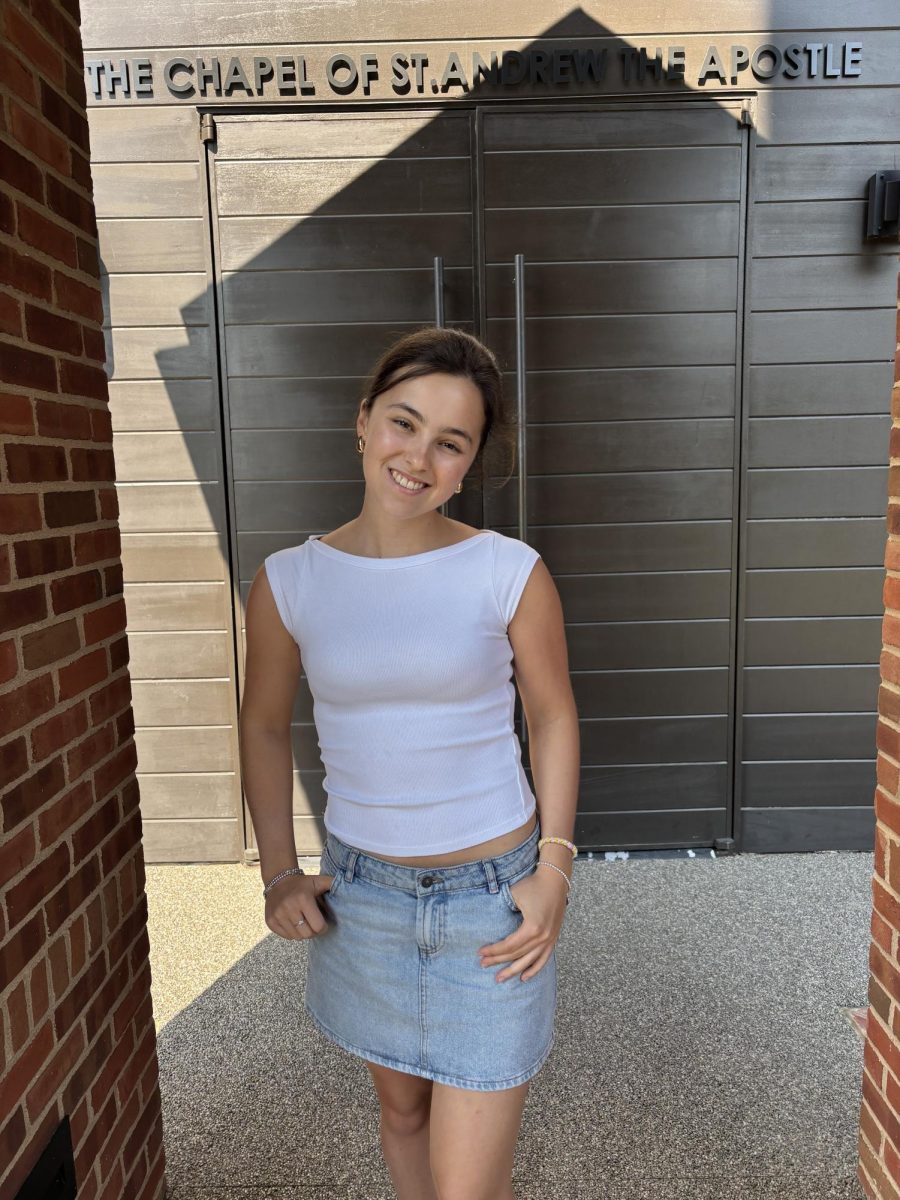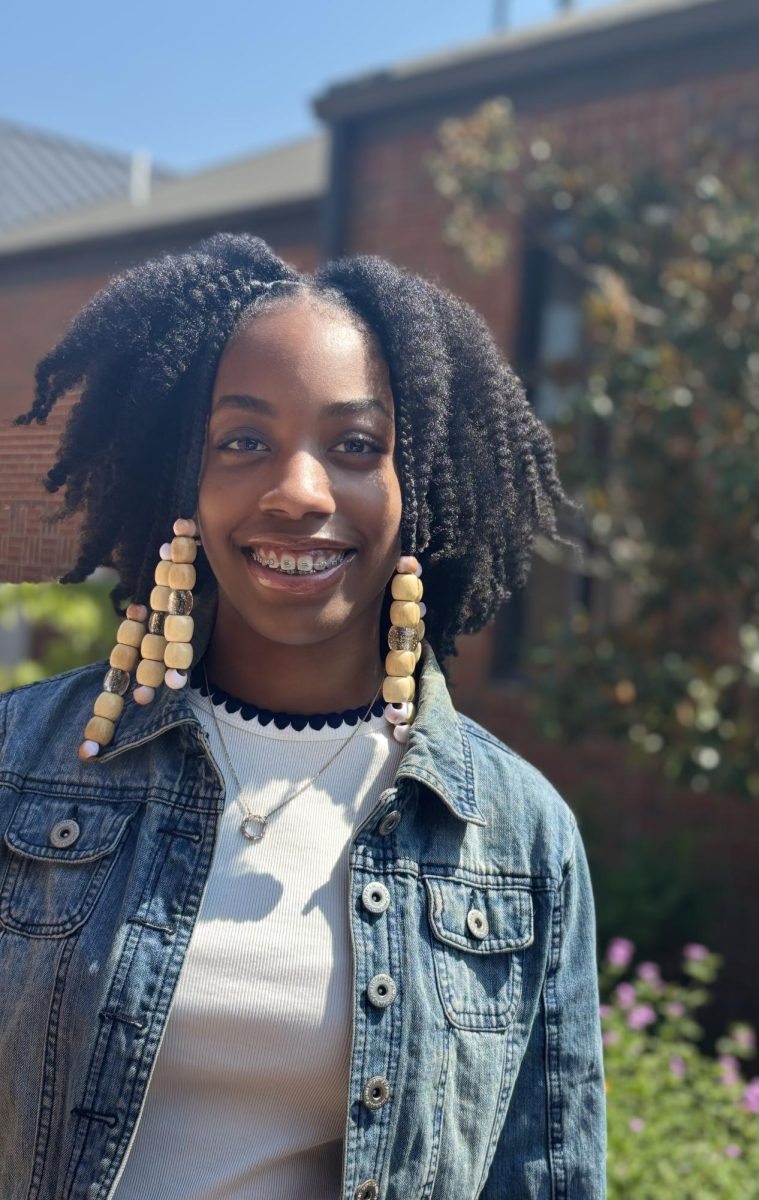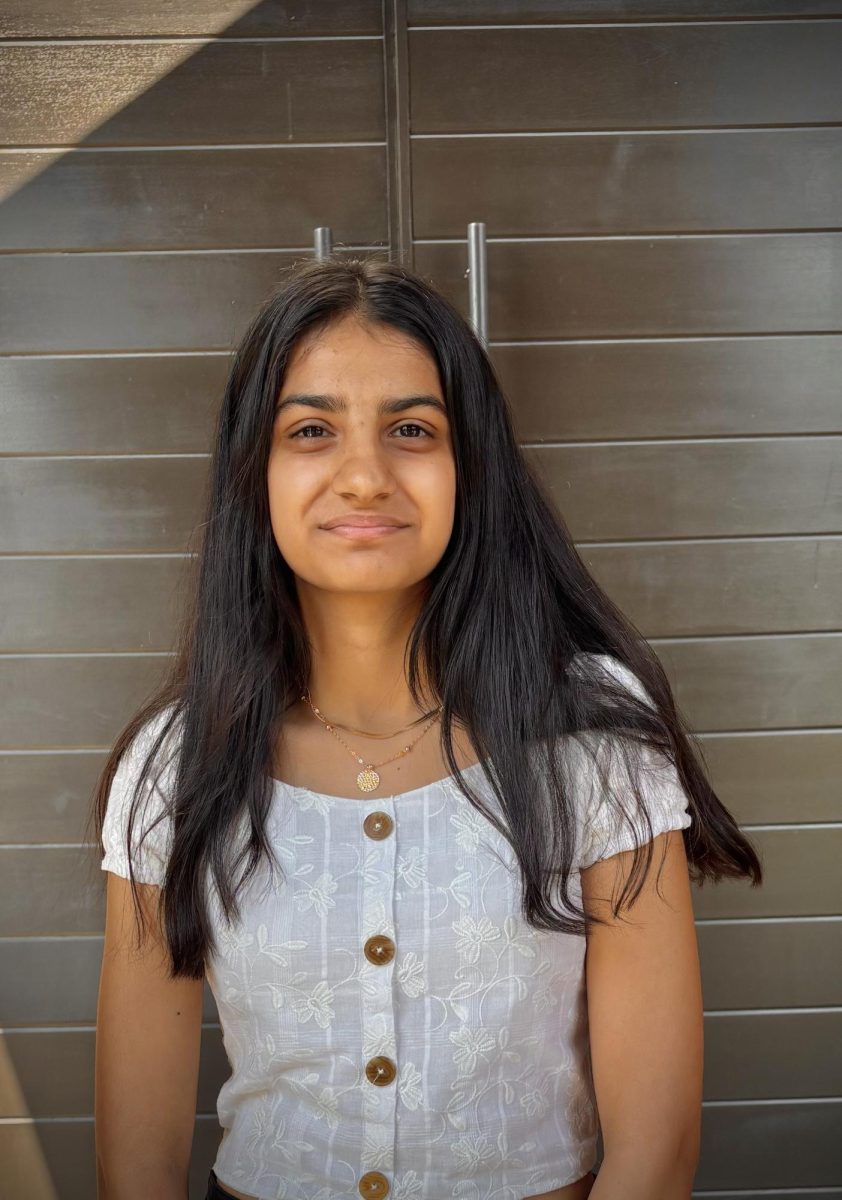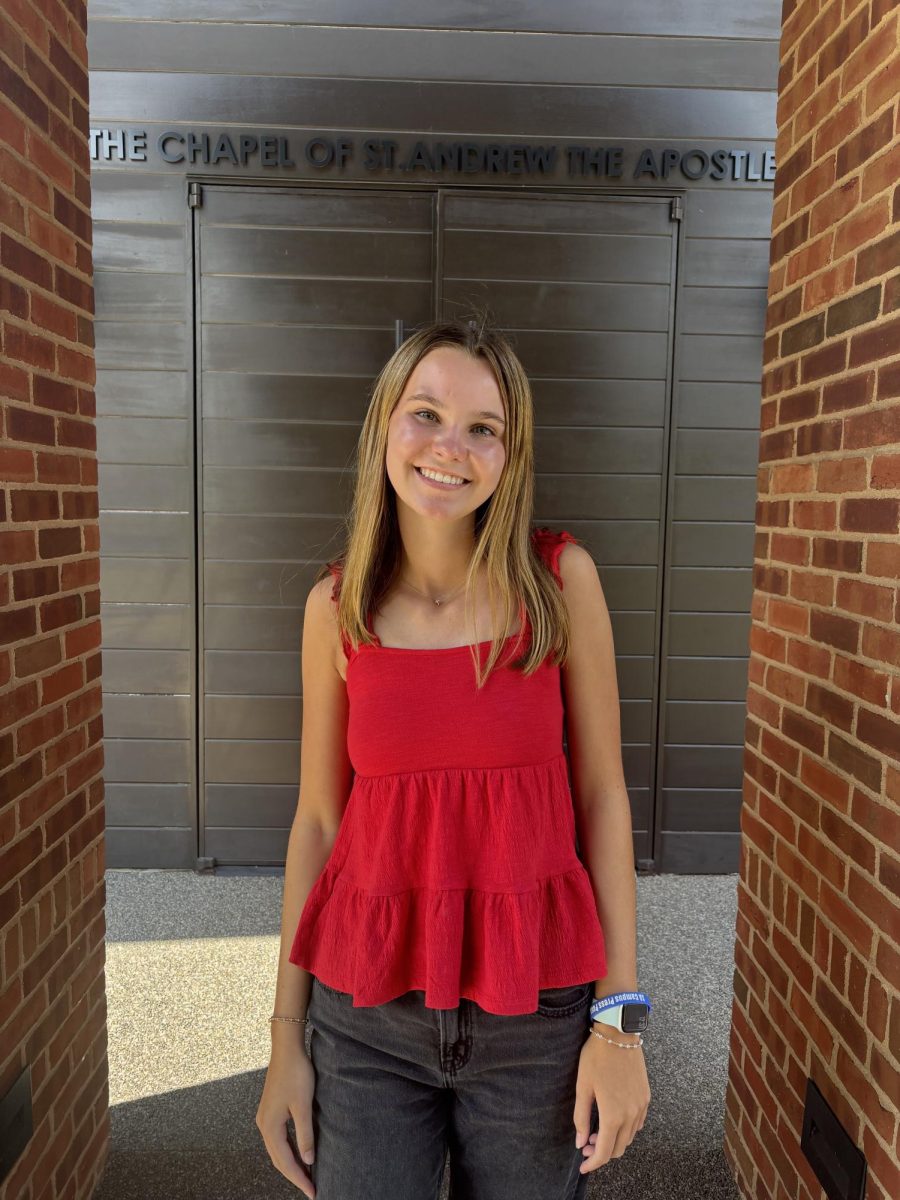Mississippi suffers from extreme poverty and has the highest rates of teen pregnancy and infant mortality nationally. In the wake of the Dobbs v. Jackson Women’s Health Organization decision, there was an urgency to craft a solution, or at least a partial one, for these challenges so I created a campaign called “Talk About the Taboo,” which advocates for comprehensive sexual education for Mississippi’s high school students.
While awaiting the Court’s decision, I studied how important abortion services are in terms of reproductive autonomy, as well as racial, gender, and economic justice. I followed the proposed legislative restrictions on abortion access introduced in nearly every state and reflected on what they would mean for American women’s ability to obtain medically safe abortions. I came to appreciate how the COVID-19 pandemic had exposed long-present systemic inequities in our healthcare system and how the harms of abortion-specific restrictions fall especially heavily on people with low incomes, people of color, young people, people with disabilities, and those living in rural and other medically-underserved areas
On June 27, 2022, the Mississippi Attorney General certified the state’s trigger ban, which bans all abortions except to save the life of the pregnant person, or in cases of rape or incest that have been reported to law enforcement, following the U.S. Supreme Courts decision to overturn Roe v. Wade in the case Dobbs v. Jackson Women’s Health Organization. This decision effectively undid the constitutional protection for abortion rights that had been recognized for fifty years and closed the only abortion clinic in Mississippi. I worried about the effect the decision would have on women in Mississippi, especially those living in poverty who could not travel to another state to receive a medically safe abortion.
I knew I could not change the law concerning access to medically safe abortions, so I decided to use my voice to advocate for changes in sexual education in Mississippi, one important element of reproductive justice. In Mississippi, state law requires that students receive abstinence-only sexual education. Abstinence-only education requires schools to teach students the importance of abstaining from sex and emphasizes the consequences of having a baby out of wedlock. According to Ballotpedia, a majority of Mississippi school districts, have opted to teach abstinence-only sexual education. But students should have the right to more complete information including how to have safe sex as an alternative to abstinence. Schools should be obligated to more fully educate students about their reproductive health especially now that a woman’s efforts to seek an abortion may be criminalized.
As a result, the St. Andrew’s Student Council crafted a partial solution: a campaign called “Talk About the Taboo”. This campaign advocates for stigma-free discourse surrounding sexual health and reproduction. To create this campaign, I engaged in meaningful and sometimes uncomfortable conversations about the reality of sexual education– open conversations free from stigma, morality, or politics with St. Andrew’s faculty. We discussed what the curriculum should look like and who our audience would be. After many discussions, we decided that we would host five “Talk Tuesdays” which would be lunch-time seminars and each “Talk” would feature a different topic related to sexual health. The Talk Tuesdays will include, “Back to the Basics: Common Sexual Health Misconceptions”, “Contraception”, “Consent and Healthy vs. Unhealthy Relationships”, and finally “Campus Health and Safety”.
Nurse Jessica Goldsberry, the Talk Tuesday’s sponsor says, “Students will learn about topics like contraception, consent, reproductive anatomy, and even more broadly about topics like sexual identity and orientation in a classroom setting– not from friends or the internet. They learn the benefits of delaying sexual intercourse and information about reproductive development and contraception. Students receive information that is medically accurate and age-appropriate.” So far the Student Council has hosted the first Talk Tuesday called “Back to the Basics: Clearing up the Misconceptions”. Students heard from biology teachers Mr. McWhorter, Ms. Bellnap, and our school nurse Nurse Jessica. “I thought the first Talk Tuesday was certainly a success,” said Senior Tina Garg. “It was a great turn out and the presentation was very comprehensive and easily digestible. Even though we discussed the basics of the female and male reproductive systems, which we already learned in seventh-grade biology, I learned so many new things.” The Student Council heard similar feedback from other Juniors and Seniors who attended Talk Tuesday that all agreed that after visiting Talk Tuesday they all emerged with new information. Hopefully, the Student Council and Faculty can keep this positive momentum going with the next Talk Tuesday scheduled on April 9th where we will discuss Contraceptives and STDS and hear from Dr. Mallet, a Gynecologist at the University of Mississippi Medical Center.
The Talk Tuesday campaign is just one step towards a larger goal of fighting for reproductive health rights. Students should have the right to learn about their bodies in a safe and educational environment. It’s time to destigmatize the topic of sexual education. It’s time to talk about sex.











